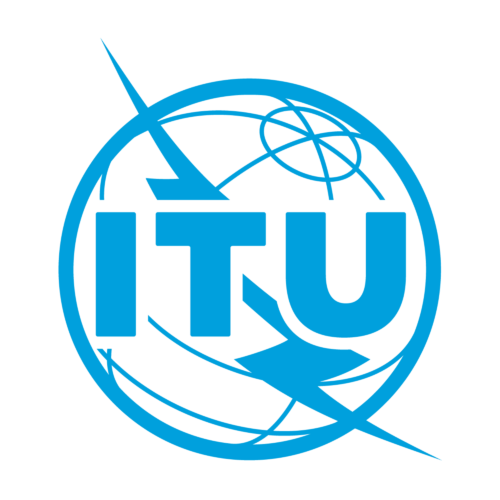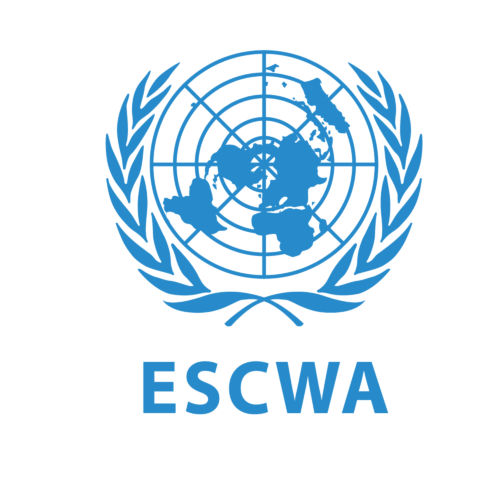About UNGIS
The United Nations Group on the Information Society

The Tunis Agenda (November 2005) requested the UN Secretary General, in consultation with members of the UN Chief Executives Board for Coordination (CEB), to establish within the CEB, a UN Group on the Information Society (UNGIS), consisting of the relevant UN bodies and organizations with the mandate to facilitate the implementation of WSIS outcomes.
In April 2006, UNGIS was endorsed by the CEB. UNGIS serves as an inter-agency mechanism to coordinate substantive policy issues facing the United Nations system’s implementation of the Geneva Plan of Action and Tunis Agenda for the Information Society adopted by the World Summit on the Information Society (WSIS), thereby contributing to improving policy coherence in the UN system, as requested by the 2005 World Summit. Subsequently, pursuant to Para 46 of the GA Resolution 62/208, UNGIS also ensures coordination within the United Nations development system in order to respond to the international attention being given to science and technology
transfer as reflected by the outcomes of the 2005 World Summit.
UNGIS’ objective is to develop extensive collaboration and partnerships among the CEB members in order to contribute to the achievement of the WSIS objectives, to help to maintain ICT-related issues as well as science and technology at the top of the UN Agenda and finally to mainstream ICT for Development issues in the mandate of CEB members. To this end, UNGIS should complement and add value to existing programmes and projects by facilitating synergies and joint efforts, so as to maximize coordinated action, coherence and effectiveness of the support to countries in their efforts towards achieving the WSIS goals agreed upon by the international community.
In order to achieve its objectives, UNGIS:
- Contributes towards WSIS implementation, primarily at the international level, by mainstreaming the Information Society Agenda into the activities and programmes of CEB members;
- Coordinates with the mechanisms for national and regional implementation established in the Tunis Agenda, as well as the multi-stakeholder implementation process;
- Strengthens the role of the UN System in facilitating access of developing countries to new and emerging technologies, promoting transfer of technology, and mainstreaming science, technology and innovation policies, including ICTs, into national development policies or poverty reduction strategies in accordance with the priorities of countries;
- Facilitates synergies between organizations belonging to the UN system in order to maximize joint efforts, avoid duplication and enhance effectiveness in achieving the WSIS outcomes; and
- Promotes public awareness about how the UN system is implementing WSIS and is facilitating better access for developing countries to new and emerging technologies.






